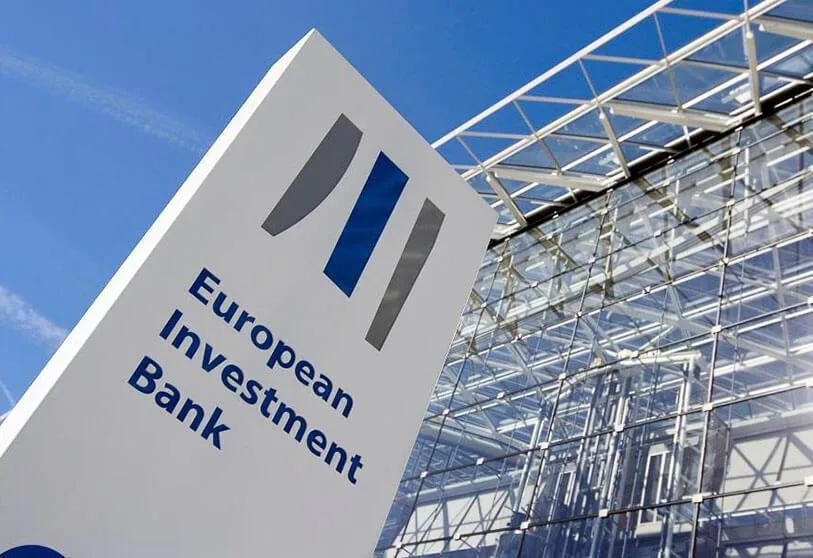Brussels – Developing the capital markets union, removing barriers to investment, and implementing targeted public interventions: these are the recommendations that a new European Investment Bank (EIB) makes while highlighting how scale-up companies — fast-growing innovative firms that are at an intermediate stage of development — developed in Europe with the help of public organizations, but, at the same time, continue to face financing barriers that the European Union can do more to tackle.
The study, entitled The Scale-Up Gap: Financial Market Constraints Holding Back Innovative Firms in the European Union, stresses the importance of increasing investment in scale-ups to enable the European Union to take a technological lead and compete globally. By closing the funding gap for scale-ups, advances could emerge in areas like green technologies, artificial intelligence, and quantum computing.
According to the EIB report, the small size and shallow depth of EU capital markets limit the ability of innovative firms to raise capital, especially in the scale-up phase, when the availability of finance in Europe is lower than in other markets. This slows the speed of capital accumulation and hinders growth, productivity, and employment.
The report recommends deepening Europe’s capital markets, particularly the venture capital market, and highlights the EIB Group’s role to date in supporting innovative companies and scaling up key technologies. “The EIB Group plays an important role in supporting Europe’s innovation ecosystem,” said EIB President Nadia Calviño. “We stand ready to do more, especially in paving the way for a true capital markets union, a key priority to drive sustainable growth and job creation.”
While the EU is attractive for foreign venture capital investors, insufficient domestic savings are channeled into the financing of innovative companies. As a result, European venture capital investment is approximately six times less than in the United States. This leads to slower capital accumulation: after 10 years in operation, European scale-ups raise 50 percent less capital than their Silicon Valley peers.
“European entrepreneurial talent and innovation are the engine of our long-term competitiveness. Too often innovative companies are forced to choose whether to grow here or elsewhere,” Gelsomina Vigliotti, EIB vice president admitted.
European scale-ups often rely on foreign investors for financing and most lead investors, who play a critical role in funding rounds, come from outside the EU. As a result, when ownership changes hands, these firms are more likely to be acquired by foreign companies or get listed abroad. This trend drains entrepreneurial talent in Europe and harms the prospects for the next generation of European start-ups.
In addition to completing the European capital markets union and achieving financial integration, the report recommends that the public sector in Europe catalyze private investment, provide support at earlier stages of technological development, and offer diversified funding sources. European Commission President Ursula von der Leyen made the same recommendations on July 18, when she was elected for a second five-year term. The new Commission should present measures soon to facilitate financing for high-growth companies by commercial banks, investors, and venture capitalists.
English version by the Translation Service of Withub

![Gelsomina Vigliotti [foto: Banca europea per gli investimenti]](https://www.eunews.it/wp-content/uploads/2022/12/Gelsomina-Vigliotti-foto-ufficiale1-scaled.jpg.webp)

![La vicepresidente della Bei, Gelsomina Vigliotti. L'organismo vuole diventare la banca per il clima dell'Ue, dice a HGE9 [Roma, 30 novembre 2022]](https://www.eunews.it/wp-content/uploads/2022/11/vigliotti.png.webp)





